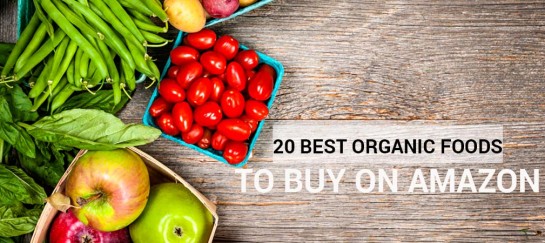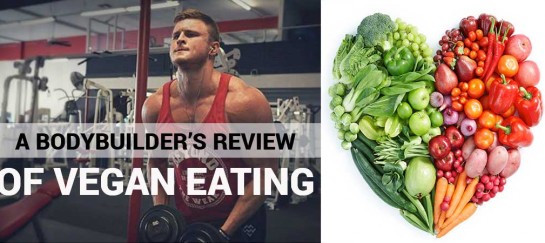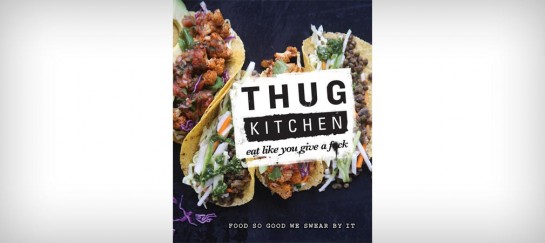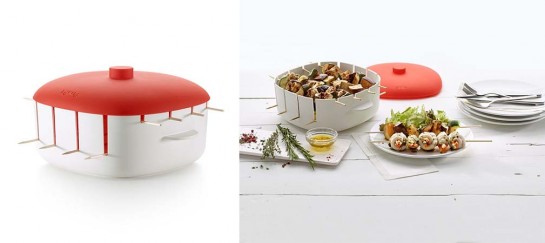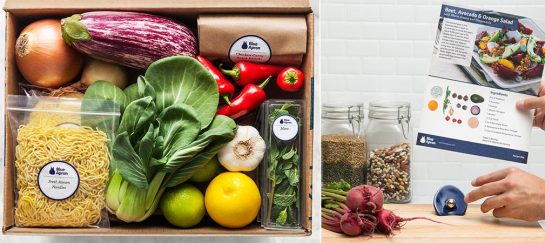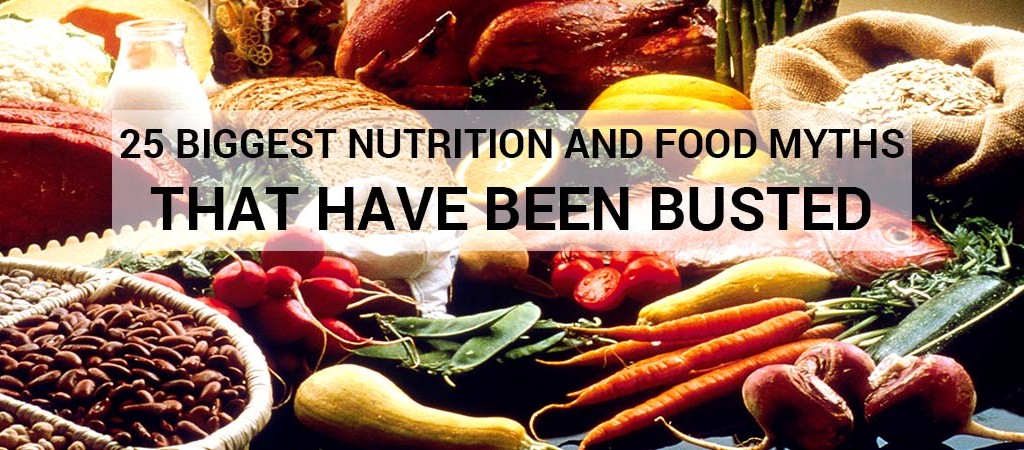
25 Biggest Nutrition And Food Myths That Have Been Busted
Many people like to pay attention to what they eat and how healthy they live. There are so many diets available, and new ones appear all the time. Some claim they will work, putting the benefits in front of the bad sides and side-effects.
Everyone would like to lose weight easily, with little effort. So when it comes to food and nutrition, the Internet is full of different information, so it is not surprising when people get conflicting information. Here are some popular concepts that are inaccurate:
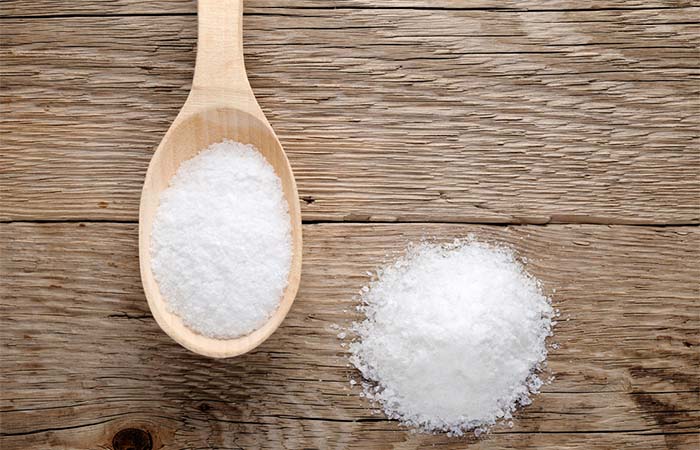
There are many misconceptions on how should we use salt in diets. [source]
If you eat processed food all the time, of course it can be bad. But if you put a bit of salt in your food, to make it tastier, it won’t harm you. Actually, adding salt to your vegetables can make them more nutritious, since salt can slow down nutrient extraction from the water.
Myth No. 2: To Boost Your Metabolism It Is Better To Eat Small And Frequent Meals
What actually affects your metabolism is the structure of your body and the size of it. If you are trying to lose weight training is very important since more muscles burn more calories. Some types of food, like food that has caffeine in it, will slightly increase your metabolism, but not in a way you can lose weight.
Myth No. 3: Coffee Can Help You Lose Weight
Drinking a lot of coffee can be much worse for you than it can be good. It can temporarily repress your appetite, but not enough for you to lose some serious weight. Drinking a lot of coffee can lead to anxiety, elevated heart rate and blood pressure and a lack of sleep. You should try to limit your coffee intake to 2 cups a day.
Myth No. 4: Eating Protein and Carbs at Different Meals Will Help You Lose Weight
There is no proof that eating proteins and carb separated will result in weight loss. It is better to combine them because that gives you the most energy. Of course, choose what you combine. Take proteins that have little saturated fat and chose carbs from eating fruits and vegetables.
Myth No. 5: You Need to Cut Calories Drastically To Lose Weight
If you drastically cut down your calorie intake you will lose weight but not for long. People who go on strict diets will often get deprived and hungry. Also, your body will go into ‘survival mode’ and use the calories you consume more efficiently. You will also have a higher risk of developing gallstones and digestive issues.
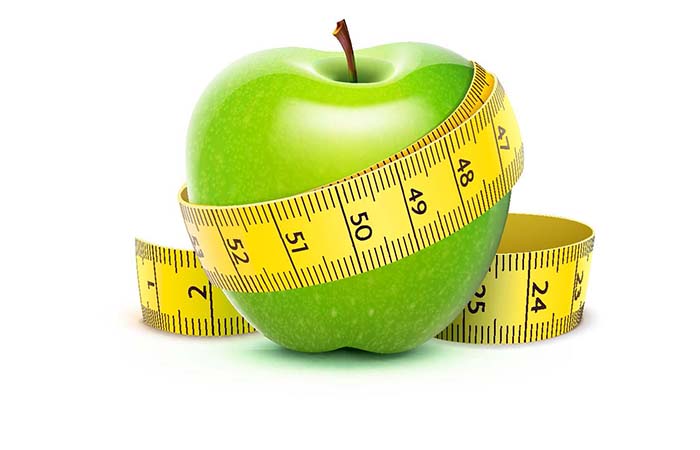
There are many diets available, but not all of them are healthy options. [source]
You should limit or avoid saturated fat found in dairy products and beef, and trans fat from fried food. But some fat is good for you, like the one found in olive oil, nuts and fish. So it depends what fat are we talking about, and what is actually bad for us and what is not.
Myth No. 7: Eggs Are Bad For Your Heart
Yes, egg yolks do have cholesterol, but that doesn’t mean consuming it will substantially elevate your blood cholesterol. Actually, most healthy people can eat one egg a day and go without problems. You should limit your cholesterol intake to maximum 300 mg a day, so watch out what you eat during the rest of the day.
Myth No. 8: Calories Eaten At Night Make You More Fat Than Those Eaten Early In The Day
Calories don’t know what time it is. They will always be the same, and what actually matters is how many of them you take in every day. Your body uses calories the same way no matter if it’s morning, noon or evening. The numerical value of calories doesn’t change with the clock.
Myth No. 9: Radiation From Microwaves Will Create Dangerous Compounds In Food
The microwaves used to cook food are substantially weaker than x-rays and gamma rays. They will not make your food dangerous. But be sure to use microwave-safe containers since some plastics can influence your food.
Myth No. 10: By Microwaving Your Food It Loses Nutrients
The method you use to cook your food doesn’t matter, it’s the heat and how long you cook that matters. The longer you cook using high temperatures the quicker your food will lose nutrients like Vitamin C and B. And because microwave saves time and cooks food quickly, it can actually help preserve some nutrients.
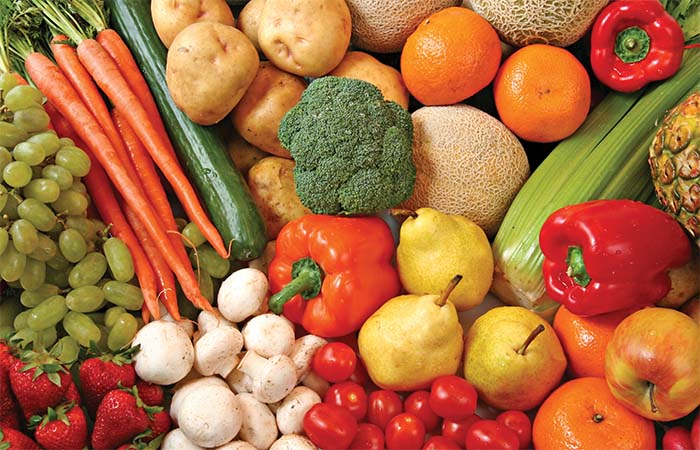
There are many options for eating healthy, and not have the same nutritional value. [source]
If you have trouble with gluten, like celiac disease or gluten intolerance, this diet will make you feel better and more energetic. But for those who don’t have medical reasons for it, there will probably be no benefits and they should not expect any results.
Myth No.12: Salad Is Always a Good Idea
Yes, vegetables are great. But you know what is not so great with salads? Toppings. Cheese or mayo on your salad can have as many calories as if you’ve eaten a Mc Donald’s double-cheeseburger. Think about that next time you order your salad and try not to put any toppings on it.
Myth No. 13: Low-fat Or Fat-free Means Less Calories
Some low-fat and fat-free products do have fewer calories than full-fat products. But some processed products, even though it says low-fat or fat-free have as same, or even more calories as the full-fat products. It is because some of them contain added flour, sugar, salt, or starch, so they taste and look better, and that items add calories.
Myth No. 14: Oranges Are The Best Source Of Vitamin C
Orange is often a synonym for vitamin C, but that doesn’t make it the best choice. There are many other Vitamin C sources that have fewer calories than orange does and have the same amount of Vitamin C (broccoli, strawberries, papaya, Brussel’s sprouts).
Myth No. 15: Multi-grain and Wheat Bread Are Better Than White Bread
Many labels are not very credible. Wheat bread is sometimes just white bread with caramel or molasses added so it looks darker and healthier. And multi-grain sometimes means that different grains are added to regular white bread. Not to get tricked of thinking you are eating something much healthier, always look for 100% whole wheat” or “100% whole grain labels.
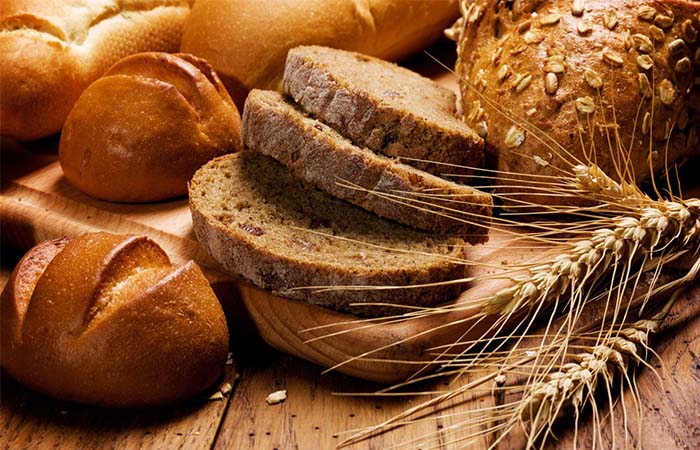
Be sure to read the label when buying bread. [source]
Your body needs potassium to keep your muscles and nerves working properly. To lower the risk of heart diseases, you should take potassium double times more than sodium. Bananas are potassium sources, but there are many more that have significantly fewer calories and roughly the same amount of potassium (potatoes, apricots, broccoli, cantaloupe).
Myth No. 17: Muesli Bars Are Healthier Than Chocolate Bars
When you buy any kind of muesli bar, make sure to check the fat, sugar and kilojoule intake. Some of them are not as healthy as they might seem especially when they contain chocolate chips, yoghurt, nuts and dried fruits. That makes them higher in sugar and fat.
Myth No.18: Canola Oil is Harmful
Some of the confusion comes from an opinion that canola oil is produced directly from the rapeseed plant. But to eliminate the undesirable components of rapeseed scientists used traditional plant breeding and, as a result, got a different plant- canola. Canola oil can actually reduce the risk of heart disease and among common cooking oils has the lowest amount of saturated fat.
Myth No. 19: Fruit Juice is the Same As Eating Whole Fruit
Eating whole fruits can lower the risk of type 2 diabetes, especially when you eat whole apples, blueberries and grapes. But if you increase the amount of fruit juice you consume, it will have an adverse effect.
Myth No. 20: Chocolate Causes Acne
Many people believe that chocolate can cause acne, but there is no evidence of it. What may cause it, are high amounts of refined carbohydrates and high-glycaemic foods, biscuits, cakes and lollies.
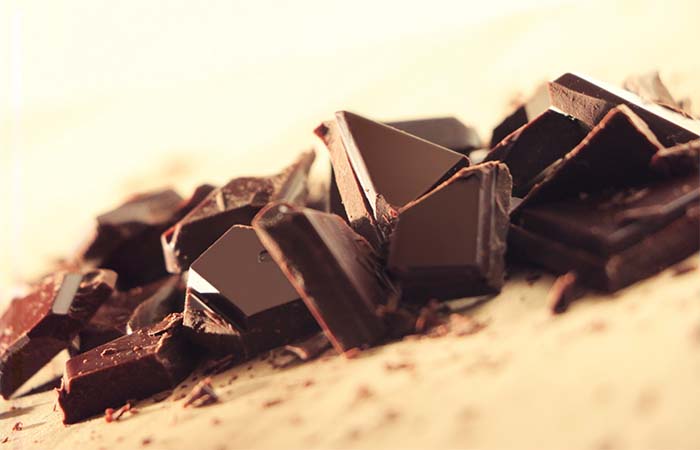
It is not proven that chocolate has an influence on acne. [source]
There is actually no proof of that. Water is important, but how much you should take depends on several factors such as gender, how active you are, your size, heat and humidity.
Myth No. 22: Frozen fruits are not healthy
Frozen fruits are just as nutritious as fresh ones because they were picked and packed when they had the highest nutritional value. Fresh fruit sometimes takes a lot of time to get to the shelves of your supermarket, so when you buy it, it will already lose some of its nutritional value.
Myth No. 23: Sea Salt Is Better Than Regular Salt
Actually, they both have almost the same amount of sodium. Yes, too much sodium is bad for your health, but that doesn’t mean one is healthier that the other. What is different is the taste, texture and how they are made.
Myth No 24: All Processed Food Is Bad
Salty snacks and packed baked products do have a lot of calories and not a lot of nutrients, but some processed food is actually healthy (whole grain pasta, canned light tuna and plain frozen vegetables).
Myth No 25: Brown Sugar Is Better Than White Sugar
Nutritionally speaking, they are almost the same. Brown sugar is still sugar, your body doesn’t tell the difference and handles them in the same way.
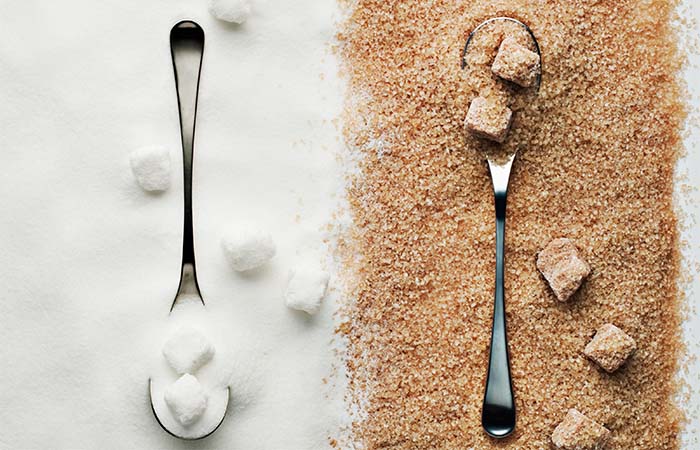
When it comes to nutritional value white sugar and brown sugar are almost the same. [source]
Daily Newsletter
Subscribe to Jebiga for a dose of the best in gear, design, rides, tech and adventure.

